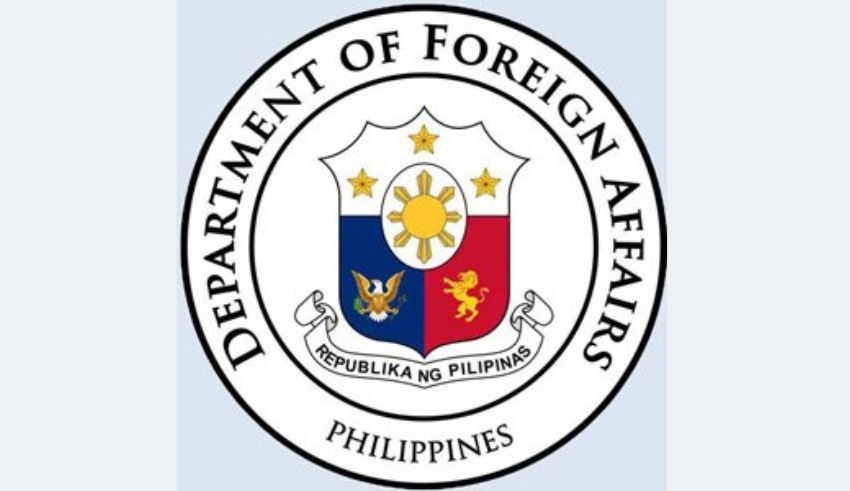

(C) Department of Foreign Affairs, Republic of the Philippines
The Philippines has added a new visa requirement for Chinese tourists in order to strengthen the screening procedure. Chinese nationals wishing to apply for a temporary visitor’s visa now have to give the Department of Foreign Affairs (DFA) their Social Insurance Record Certificates (SIRC).
Part of the larger effort by the Philippine government to guarantee the safe arrival of international visitors into the nation is this extra step. The government wants to have a better way of confirming the identity and background of applicants, hence it is demanding SIRCs that have been registered for at least six months at the time of the visa application. This step is essential in improving general national security since it guarantees that only authorized guests are allowed admission.
This additional criteria was decided upon in reaction to a rise in bogus visa applications that the Philippine consulates and embassies in China had received. The DFA is moving to remove unlawful visitors who could be engaged in organized crimes including fraud, human trafficking, and smuggling. This closer examination should greatly lower the frequency of such illicit activity, safeguarding the country’s borders and the integrity of its immigration rules.
Even while the regulation is meant to protect national security, certain stakeholders in the tourism sector are concerned about it. Stricter visa restrictions have been voiced by the Philippine Travel Agencies Association (PTAA) as a possible deterrent to potential tourists visiting the Philippines. The nation mostly depends on Chinese tourists, hence any drop in their number could have negative effects on the economy. The PTAA fears that, particularly in areas where tourism is highly dependent, a decline in visitors could result in financial losses for nearby companies and the economy.
It is advised of the government to carry out the policy consistently and openly in order to allay worries about possible prejudice and guarantee a just application of the new rules. The PTAA has underlined that the openness and equity of the application procedure are essential to keeping the Philippines’ reputation as a friendly place for lawful tourists. To avoid charges of prejudice and to preserve goodwill abroad, it is imperative that all potential visitors be handled fairly.
The DFA has started talks with several tourism stakeholders to allay business worries, outlining the need of the new visa regulations and asking for their cooperation in their execution. The administration has also promised to routinely evaluate the policy in order to handle any unexpected repercussions and make sure that it successfully strikes a balance between the needs of security and the interests of the tourism industry.
The Philippines is trying to strike a balance between the need of national security and its wish to continue being a welcoming destination for foreign visitors, as seen by the new visa requirement for Chinese tourists. Impact on the tourism industry will be keenly watched as the legislation is implemented. Ensuring the goals of improved security and economic vitality will need ongoing evaluation and modifications. By these steps, the Philippines hopes to preserve its friendly attitude while safeguarding its national interests.
Vietnam becomes the rising star for that tourism scene in the annals of Southeast Asia; it surpasses its regional competitors…
The Chinese Coast Guard ships extended their stays near the Senkaku Island region which led Japan to lodge formal diplomatic…
Numbeo reports in the 2025 Safety Index that the United Arab Emirates (UAE) has become the second safest country in…
Thailand’s automobile sector remains heavily challenged as car output during February 2025 dropped 13.62% year on year to 115,487 units.…
The Canadian Security Intelligence Service (CSIS) has officially warned about foreign entities trying to change election results on April 28th.…
Samsung Electronics CO-CEO Han Jong-hee has passed away suddenly after suffering a heart attack, as announced Tuesday. The sudden demise…
This website uses cookies.
Read More